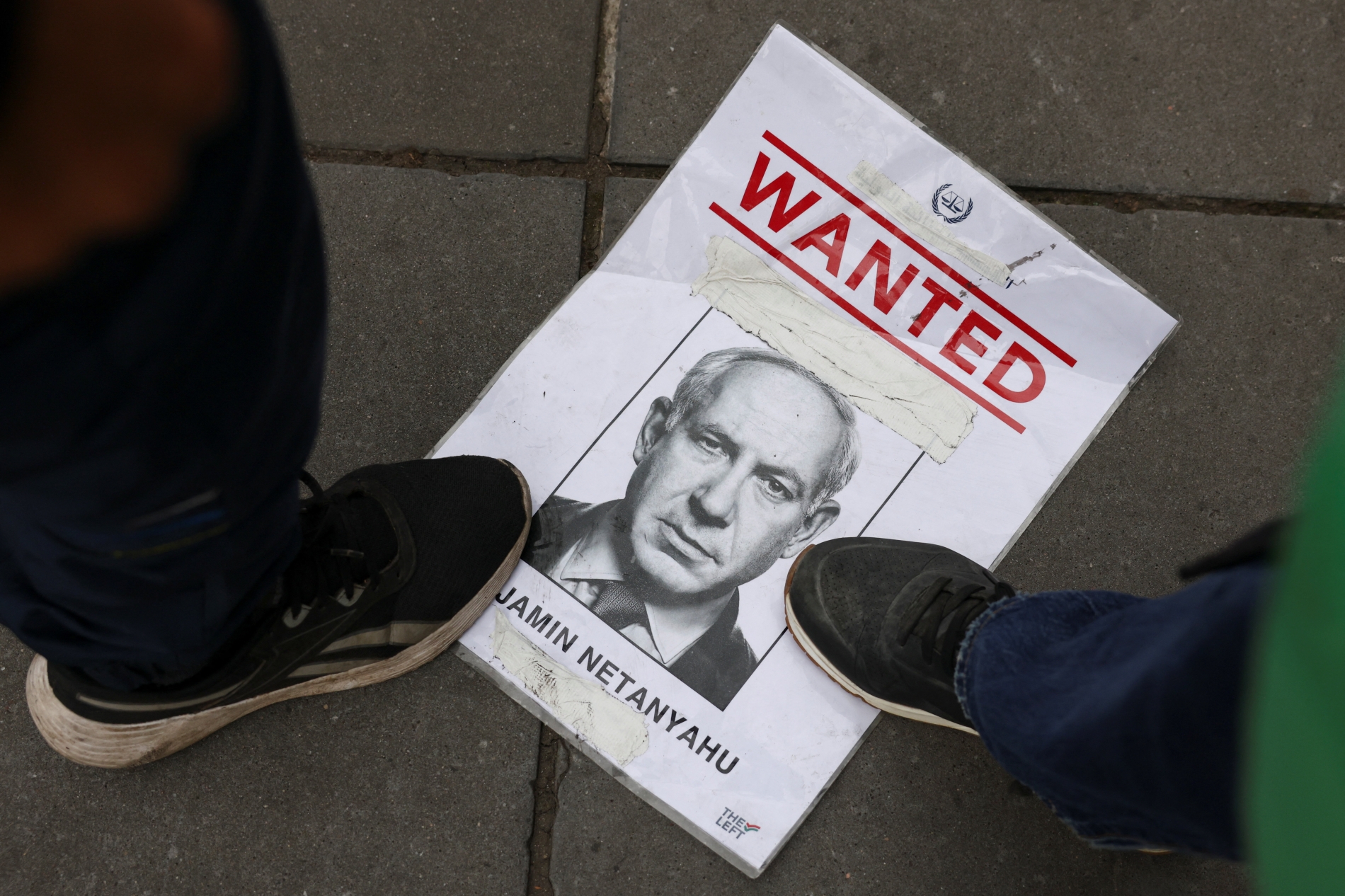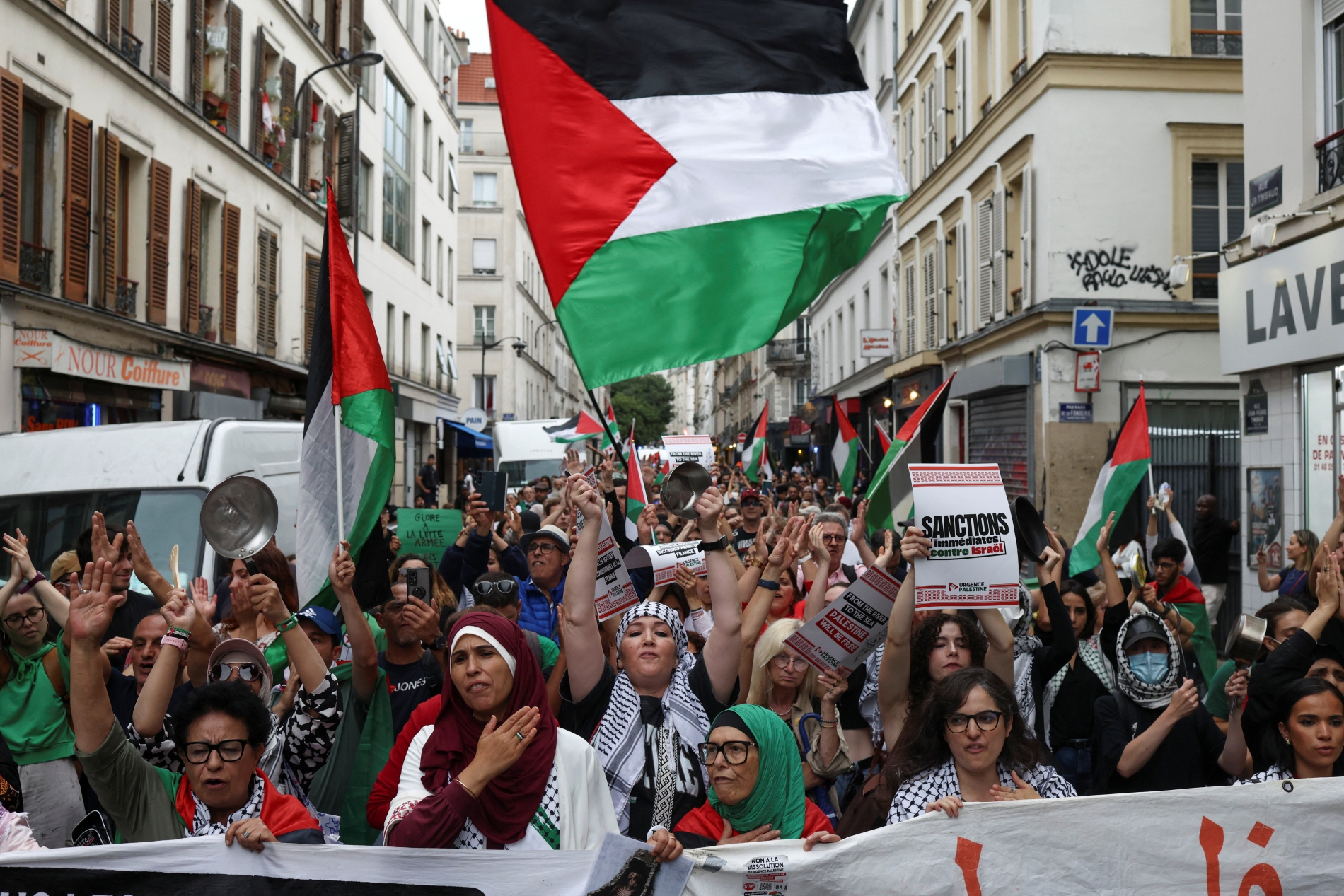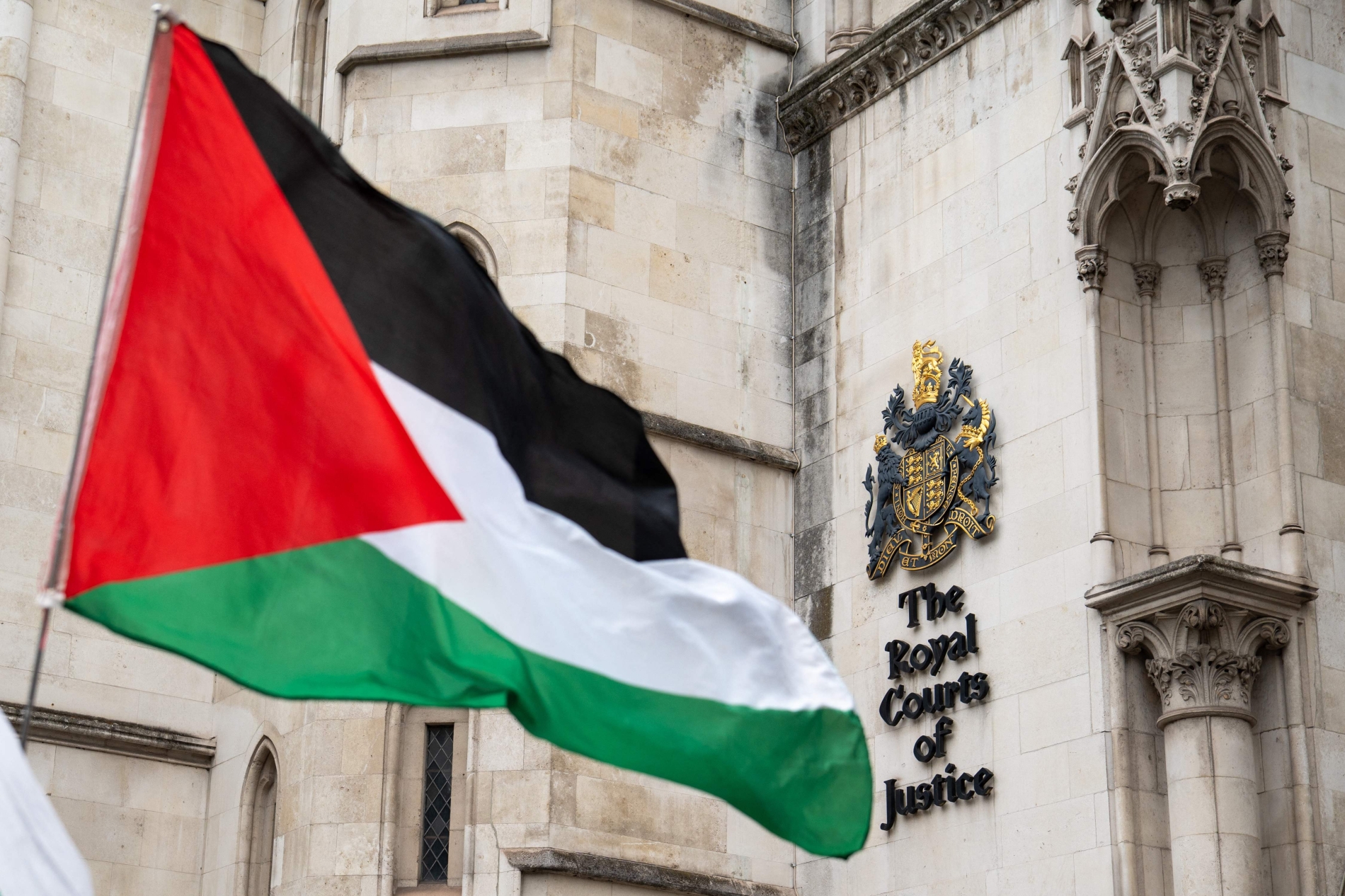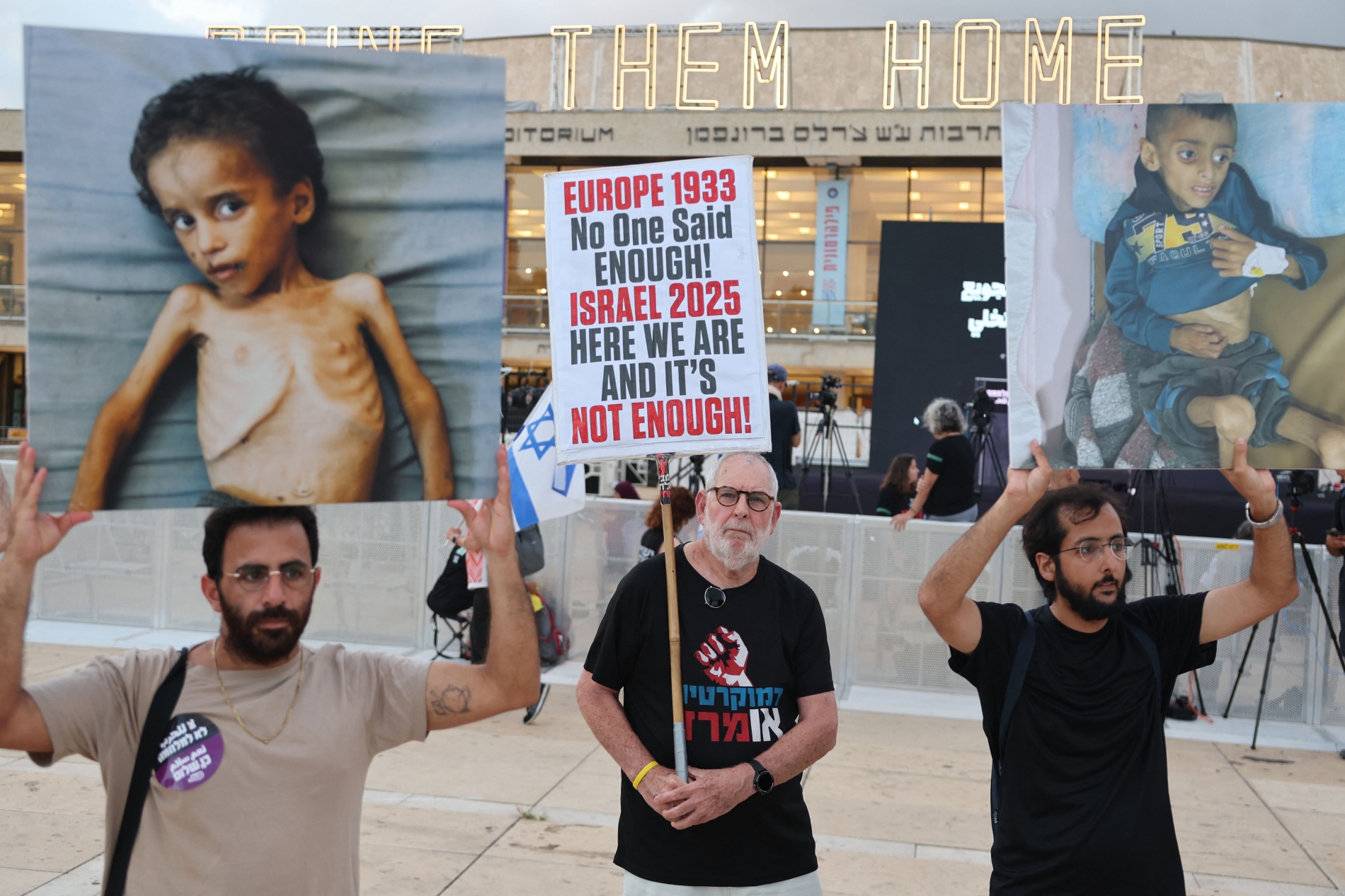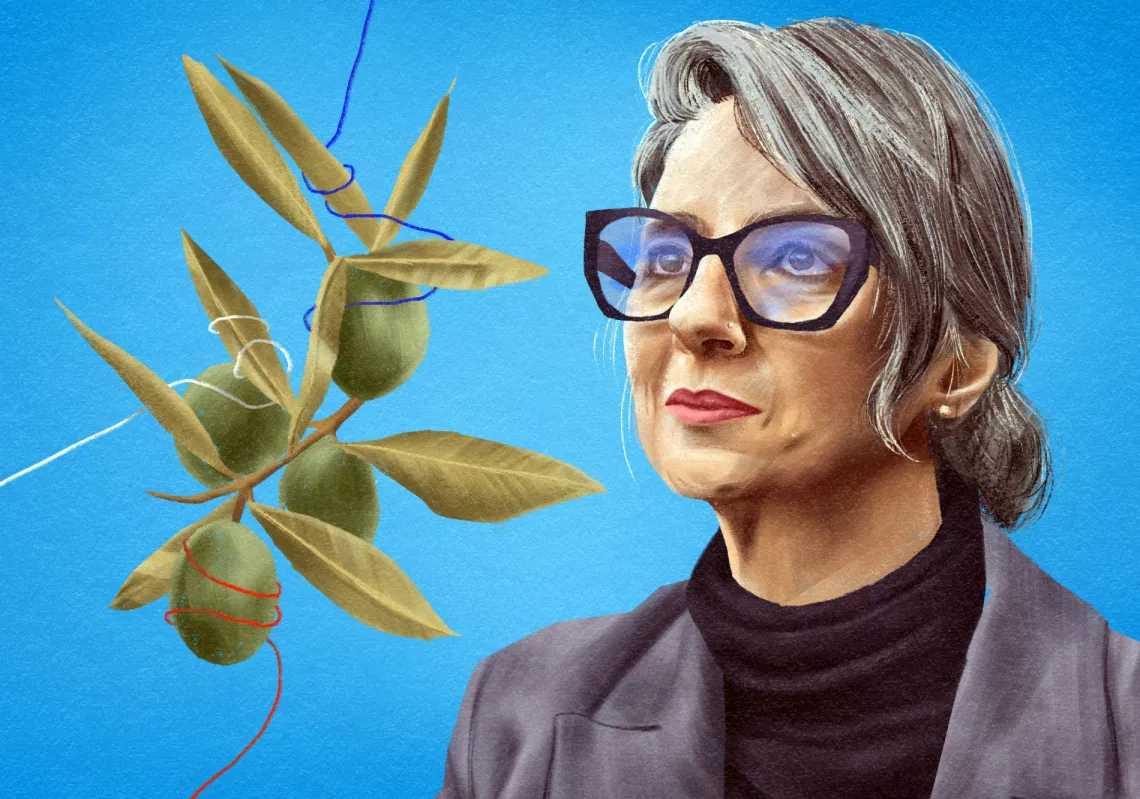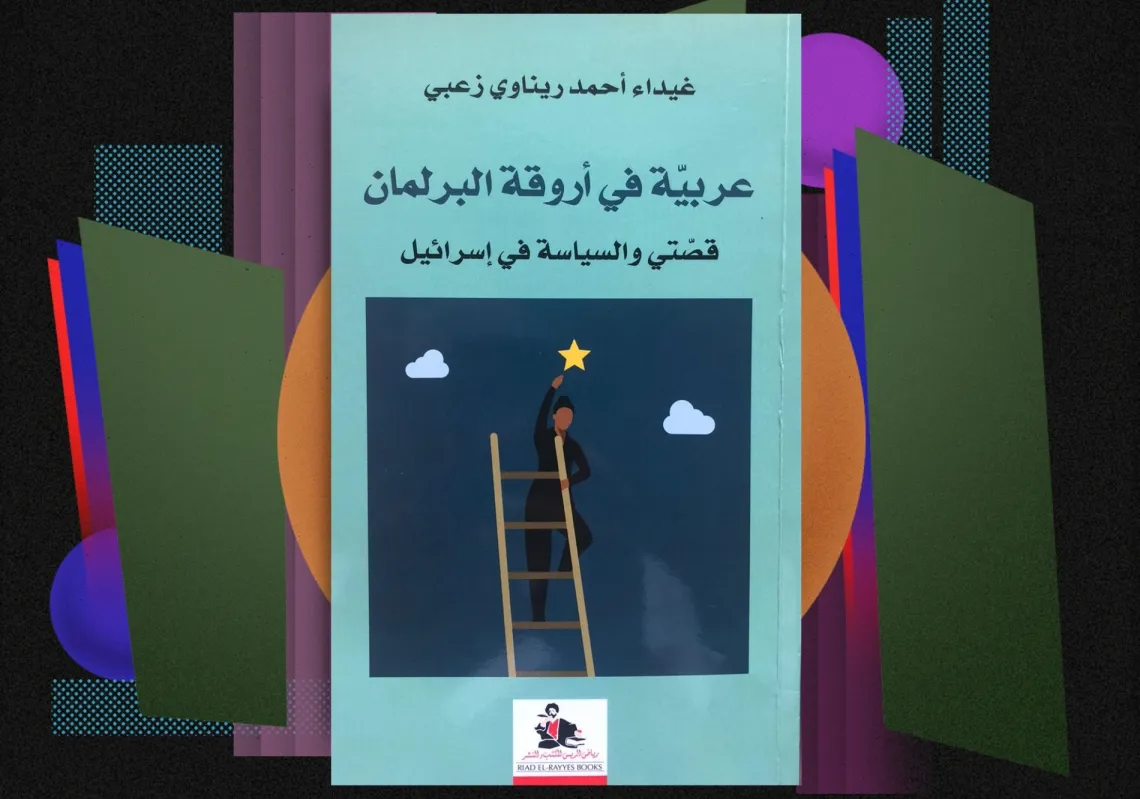The conference held at the United Nations headquarters in New York from 28-29 July 2025 was concerned with the establishment of a Palestinian state, in an effort initiated by Saudi Arabia and France. Delegates met as Israeli Prime Minister Benjamin Netanyahu’s government continues its quest to erase the Palestinian people from the political map, dismantle the 1993 Oslo Accords, and dissolve the Palestinian Authority.
Over the years, there have been many international conferences regarding the Israel-Palestine conflict and the two-state solution. This significance of this one lies in the sustained initiative of Arab, Canadian, and European countries not only to recognise the State of Palestine but to help the Palestinians realise this right, as the Israeli parliament debates and votes on West Bank annexation.
France and the UK have both recently said that they will recognise a State of Palestine in September. Both are permanent members of the UN Security Council, so their decision carries weight, while Saudi Arabia’s unchanging stance—that any normalisation of relations with Israel is contingent on the establishment of an independent Palestinian state—is also crucial in the Israeli calculus.
Gaza as catalyst
There is now a growing international consensus to recognise Palestine, with three quarters of United Nations members already committed to do so. As children starve to death in Gaza, the Palestinians’ latest catastrophe may become the catalyst for the birth of their state and the consolidation of their right to establish an independent political entity in the occupied territories of 1967, in direct opposition to Netanyahu’s long-standing objectives.
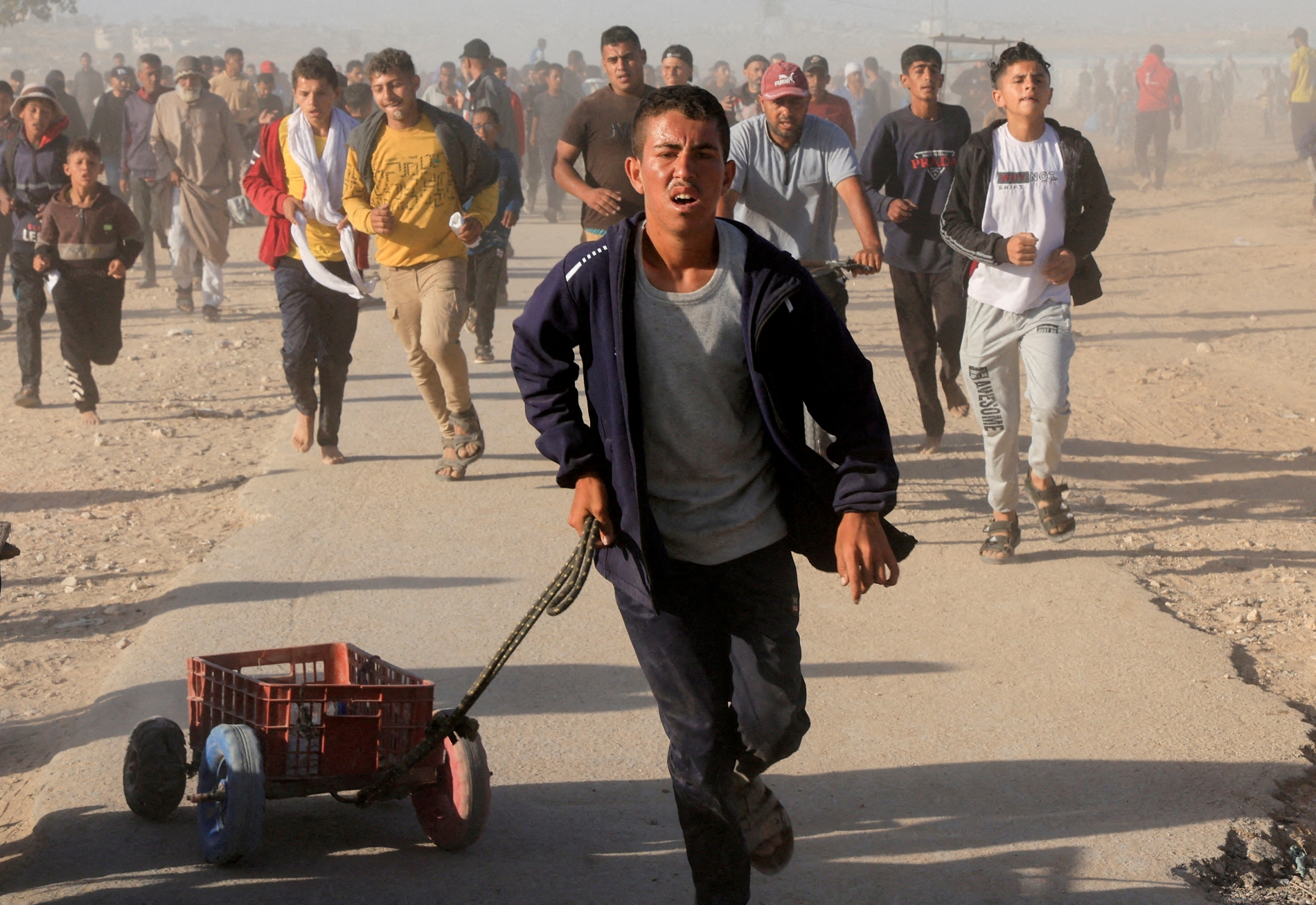
Since he first became Israeli prime minister in 1996, Netanyahu has worked against the peace process, nullified the Oslo Accords, and marginalised the Palestinian Authority through political, military, economic, and administrative means, a trajectory that culminated in this brutal genocide war launched against the Gaza Strip in October 2023, under the pretext of fighting Hamas.
What distinguishes this conference is its timing, with Israeli actions having caused such a sudden and noticeable international shift marked by growing sympathy for Palestinian suffering, tragedy, and sacrifices. For the first time in a long time, ‘soft power’ and justice are key themes that carry resonance. Global public opinion, particularly in Western societies, has finally begun to influence those nations’ governments.



